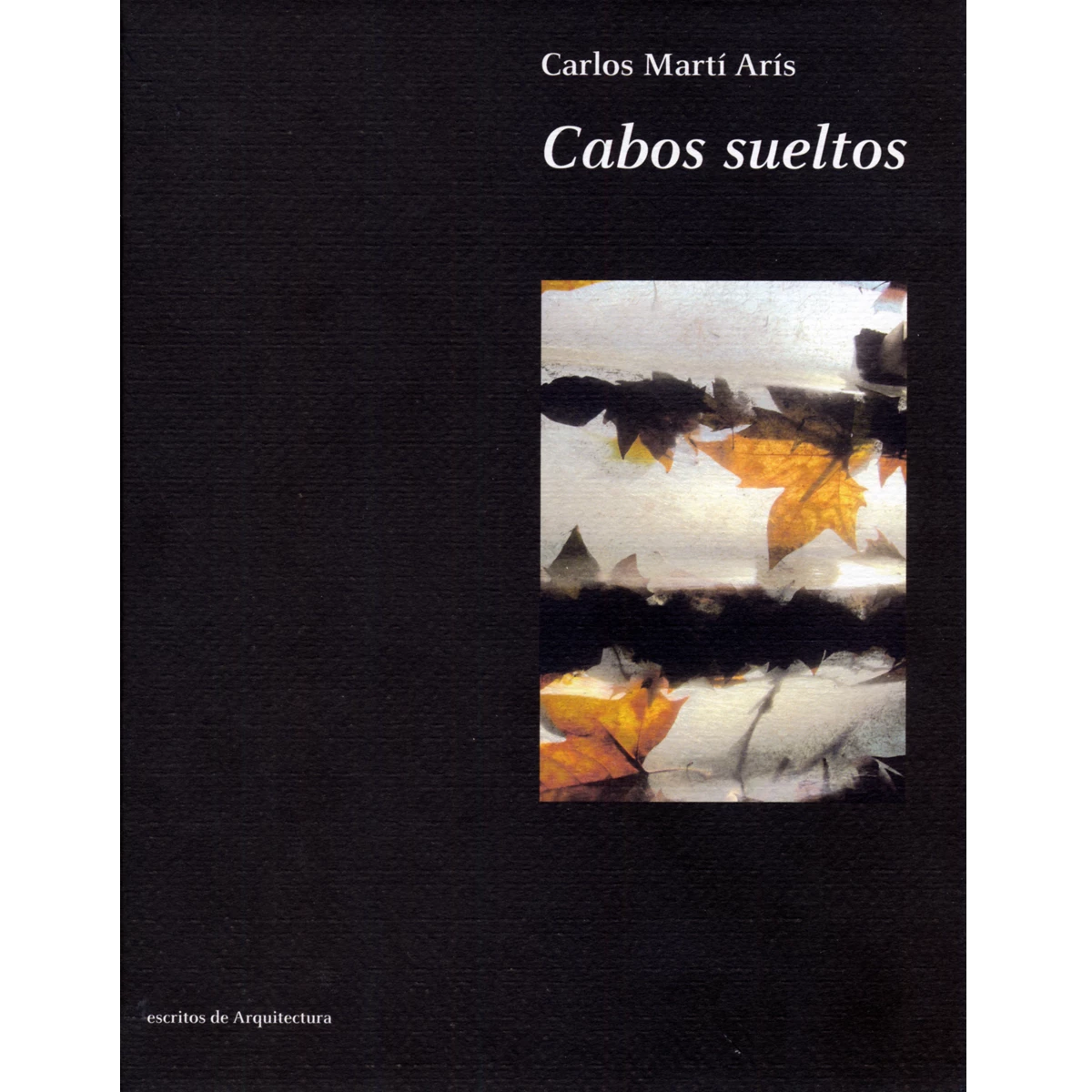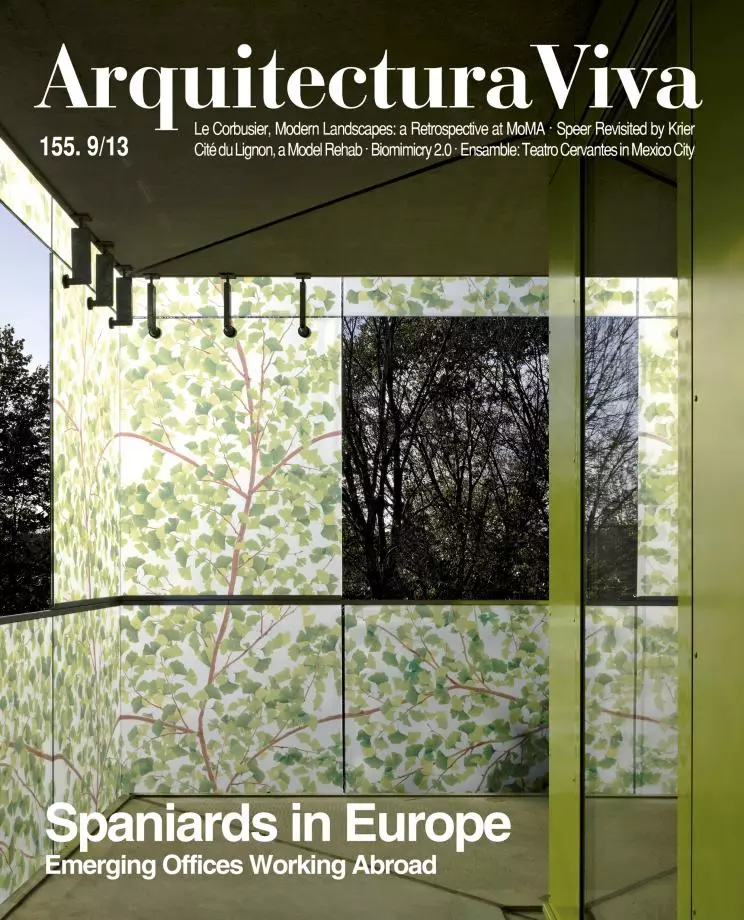
A fragment suffices to conjure the whole. The loose end instantly brings up the image of the moment, and everything falls in place. ‘Loose Ends’ is precisely the title under which Carlos Martí Arís has gathered various writings in a book. The work in itself seems like an oxymoron, a confrontation of views that produce a tension where the lesson of the text is to be found. Under the intense presence of the contingent, everything in the book speaks of an impulse: that leading from the particular to the specific, from the aspiration to order. It is no longer an order identified with the uniform and the static. The fragment is there, not to vanish in a linear reunification process.
Martí Arís talks about the masters of modernity (above all Le Corbusier and Mies), his masters (Grassi), likeminded architects, friends, portraying them with precision and, in a new oxymoron, painting a self-portrait. After observing himself in others, the author starts up a new inducement and the self-portrait becomes a tool for depicting all people.
To boot, the sober and elegant edition by Ricardo Lampreave ties up with the discourse to give it plausibility and validity. It supports the author’s preference for background and his militancy in a poetics of silence. The concept of type – liberated from the connotations presenting it like a coercion on creative freedom or as a mere classificatory element – and the author’s defense of synchronic thinking prevail through the book. In times like these, we would do well to consider the lesson it contains.







